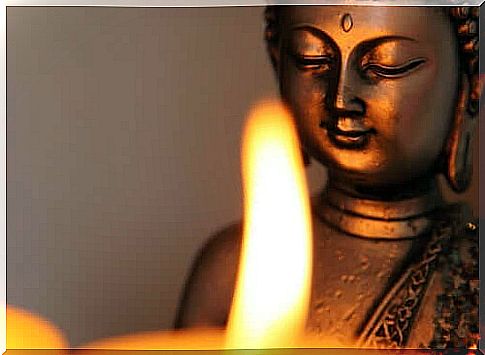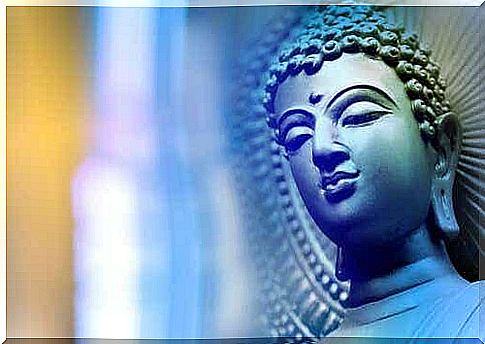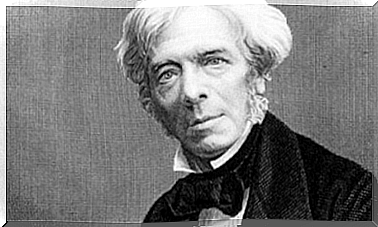Heart Sutra, The Buddhist Text Filled With Wisdom

The Heart Sutra is a very popular text of the Buddhist school. It has been studied and researched more than any other Buddhist scripture. It attracts many adherents of philosophy because of its brevity and the way it neatly summarizes the Buddhist view.
It is intriguing that such a short text has been so thoroughly researched by Buddhists and at the same time seen as a teaching that takes a lifetime to truly understand. The Heart Sutra consists of only 14 verses, originally written in Sanskrit. It ends with what is considered to be one of the most powerful mantras in Buddhism.
The Heart Sutra dates back to the first century AD, although some believe it could be even older. It deals with several of the central concepts of Buddhism such as:
- emptiness
- unboundedness
- compassion
- form
- want
- Awareness

Emptiness and the Heart Sutra
Almost the entire Heart Sutra revolves around the concept of emptiness. However, this has a different meaning than simply “nothing,” as Westerners understand it.
Emptiness is not the same as absence or lack, as the emptiness of what or who is not present is filled with that absence. The same goes for the concept of “lack”: it is not empty, but filled with the imaginary presence of what is missing.
When Buddhists speak of emptiness, they mean that nothing that exists has an intrinsic reality. It means that everything changes and mutates forever. In other words, be and let be. What we perceive with our senses is only the appearance of things. That is why we think that reality is “full”, even if it is not.
Emptiness has to do with the constant changeability (Spanish link) of everything that exists. Nothing completely separates or distinguishes itself from everything else, nor is it pure or impure, complete or flawed.
What does exist are mental formations that bring us to the reality we perceive. However, those mental formations are not reality. Reality is independent and changes at every moment, even if we do not perceive it.
The enigmatic mantra
Despite certain thoughts to the contrary, mantras are not magic words to bring happiness or achieve certain goals. In Buddhism, they are a pathway to reaching certain levels of meditation. Their function is to help awaken consciousness.
The mantra at the end of the Heart Sutra is this: Gate gate Pāragate Pārasaṃgate’ Bodhi svāhā. The language is Sanskrit and this is its translation: “Depart, depart, depart ascending, depart for the highest awakening. May it be so.”
However, others have translated it this way: “It is gone, it is gone, gone to the hereafter. Fully exposed, released. I wake up. Salvation!”
This points us to the Sanskrit word for gate, which refers precisely to emptiness, but on a personal level and equivalent to the concept of “not-me.” The thing that leaves or goes is the “I.”
The mantra thus calls for the departure of the “I”, which is considered the source of error and suffering. The “I,” in this case, is a synonym for the ego. The goal is for the ego to disappear, so that emptiness arises.

The Teachings of the Heart Sutra
Although the Heart Sutra is very complex, fundamentally it shows a path to awakening or redemption. This consists of leaving the ego to find emptiness and, in this way, accepting the deep perception and understanding of reality.
In other words, whoever is guided by his eyes, ears and hands, like his mind, is doomed not to know or understand reality. However, whoever manages to free himself from the senses and the mind of his own mind succeeds in merging with reality and understanding it, not intellectually, but as a transcendent experience.
Awakening is precisely that state where you stop perceiving the world with limited means, such as through your senses or your own mind. Enlightenment equates to full understanding that entails two great Buddhist virtues: unboundedness and compassion.









